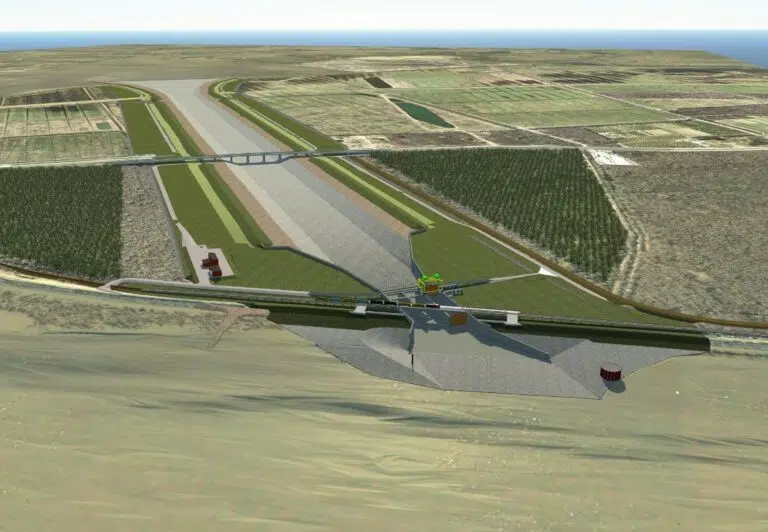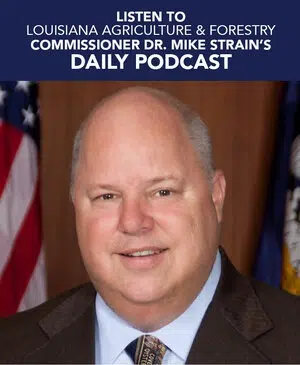
Mid Barataria Sediment Diversion
Governor Landry had some choice words about the Mid-Barataria Sediment Diversion project.
Speaking before the Senate Transportation, Highways and Public Works Committee, Landry said the project, which is being paid for in large part with money from the 2010 BP Deepwater Horizon oil spill settlement, would cost the state a lot of money.
“Everything above $2.9 billion is on our dime,” Landry told the committee. “And this is one project in one area that will start, in my belief, to begin to soak up the resources that we need across the whole coast.”
Landry said it would also destroy Coastal Louisiana’s culture.
“It destroys the shrimping industry, which is already struggling, (and) it destroys the oyster beds,” Landry said. “And we say — the government says — ‘No worries, we are going to pay you not to shrimp. We are going to pay you not to oyster fish.’ Do you know what happens when we pay people not to engage in their trade? The trade goes away.”
Amanda Moore, the senior director of the gulf program for the National Wildlife Federation, disagrees with Landry’s assertion that the project would destroy the culture of Coastal Louisiana.
“This project is actually essential to sustaining the culture of Coastal Louisiana and sustaining the ecosystem and those productive estuatries and wetlands that really are at the heart of Coastal Louisiana,” says Moore.
The project broke ground last year but has been stalled by litigation at both the state and federal levels.
Moore says without the project, communities along the coast would be more vulnerable.
“The Barataria Basin itself is going to become saltier,” Moore points out. “It’s going to continue to lose wetlands that act as nurseries for many of the fish and shellfish species. You’re going to see wetlands disappear that help protect communities from storm surge.”







Comments